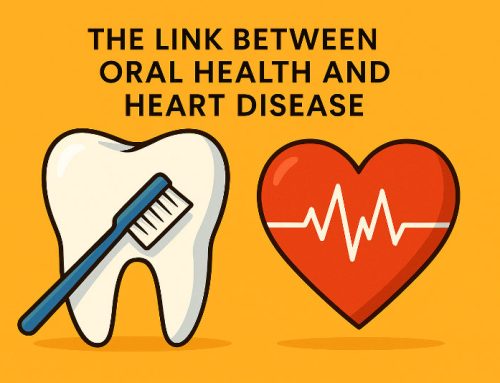Eating disorders are not uncommon. A survey revealed that almost 10 million women and 20 million men in the United States are compelled to deal with this problem at some point. The thing about eating disorders is that they can affect anyone. It does not matter how old or young you are; you can become a victim of eating disorders. Eating disorders are problematic because they affect a person’s physical and mental health. People fighting eating disorders do not get enough nutrition. This, in turn, leads to other health issues, sometimes even serious ones. Eating disorders also hurt a person’s body image and, therefore, lead to low self-confidence. The good news is all eating disorders are treatable. In this article, we tell you about the different types of eating disorders, how they affect your oral health, and how you can prevent them from causing damage.
Types of Eating Disorders
Anorexia
Anorexia is a fairly common eating disorder. Anorexia is a condition that causes people to fear gaining weight. Anorexic individuals see themselves as overweight and refuse to eat properly. This, in turn, invites other health issues. In the worst-case scenario, anorexic individuals resort to laxatives and enemas to reduce their weight.
Bulimia
Bulimia is yet another fairly common eating disorder. Bulimia, too, causes fear of weight gain. However, Bulimia is characterized by excessive eating, followed by starvation. Bulimic individuals also tend to use laxatives and medicines to reduce weight.
Binge-eating Disorder
The binge-eating disorder affects men and women and is characterized by excessive food consumption. However, those affected by this disorder do not follow periods of binge eating with periods of controlled eating. This, unfortunately, leads to weight gain and other issues.
How Do Eating Disorders Affect a Person’s Oral Health?
We stated at the very beginning that eating disorders cause mental and physical stress. However, not many people know that eating disorders also damage oral health. For teeth to stay strong and healthy, one must get Vitamin B3, calcium, and iron in an adequate amount. Any deficiency related to these nutrients manifests in inflamed gums, bad breath, gum diseases, dry mouth, mouth sores, etc. People suffering from eating disorders often do not get enough of these nutrients, leading to the abovementioned problems. Further, several studies have also linked eating disorders with degenerative arthritis in the jaw.
Symptoms to Look Out For
Now that we have established that eating disorders affect a person’s oral health let us discuss the symptoms you must look out for. If you suffer from Bulimia or Anorexia and tend to throw up often, you must be extra careful. The stomach acid that comes out through vomit damages teeth, leading to problems like sensitive teeth, inflammation in salivary glands, dry mouth, etc. If you suffer from an eating disorder, watch out for these problems. If you notice them, immediately consult your dentist.
Things You Can Do to Minimize the Harm Caused by Eating Disorders
Fortunately, all eating disorders are treatable, and so are the problems caused by them, including oral issues. However, you must inform your dentist of the problem as soon as it occurs. Here are a few things you can do to keep eating disorder-induced oral problems away.
- Practice good oral hygiene: brush twice daily and floss after each meal.
- Do not brush your teeth right after you have vomited, as this will further expose your teeth to stomach acid. A better thing to do is wash your mouth with a dentist-recommended fluoride mouthwash.
- Set up regular appointments with your dentist. If they can diagnose a problem in its early stage, it will be far easier for them to treat it.
There you have it! Contact HPS Dental today! We are located in Shelby Township, Michigan — we hope to hear from you soon!





